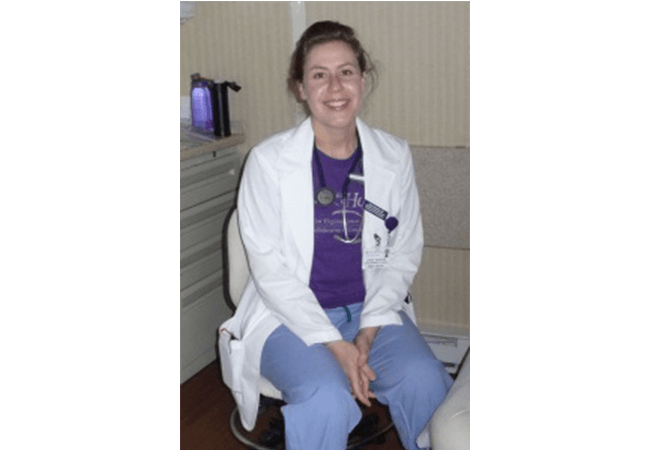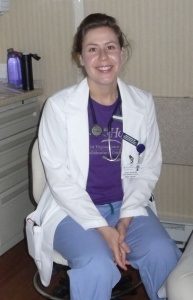
Sep 08, 2016
Treating People Not the Same As Treating Illness
 It’s no secret that health care is hardest to come by in rural parts of the country. But, as it turned out in at least one rural community, building more clinics did not help; what helped was building relationships.
It’s no secret that health care is hardest to come by in rural parts of the country. But, as it turned out in at least one rural community, building more clinics did not help; what helped was building relationships.
More than a decade ago, the Centers for Disease Control and Prevention noted higher death rates from cervical cancer in Appalachia than elsewhere. Puzzlingly, after more clinics were opened, fewer women got screened. Wendy Grube, PhD, CRNP, an associate professor at Penn University School of Nursing and the director of the Center for Global Women’s Health, began traveling to West Virginia to research the surprising findings.
That research led to a key lesson, as reported in a PennNews story: “Grube began to understand the importance of trusted clinicians in getting people to participate in preventive care.”
Since 2008, Grube has acted on that lesson. Now Penn Nursing students and residents of Webster Springs, W. Va., learn from each other through Grube’s annual service-learning project. As one student says: “It’s the ongoing relationship and the support of people that’s needed to come to more sustainable solutions.”
Above: Chana Schaffer, a midwifery graduate student, at the mobile unit at Camp Caesar, W.Va.
Photo by Wendy Grube/Penn Nursing
